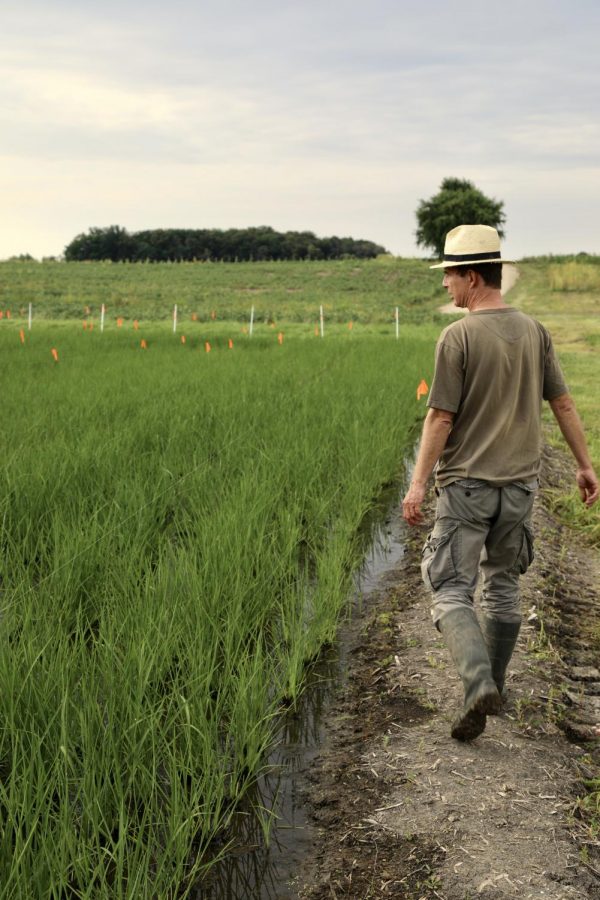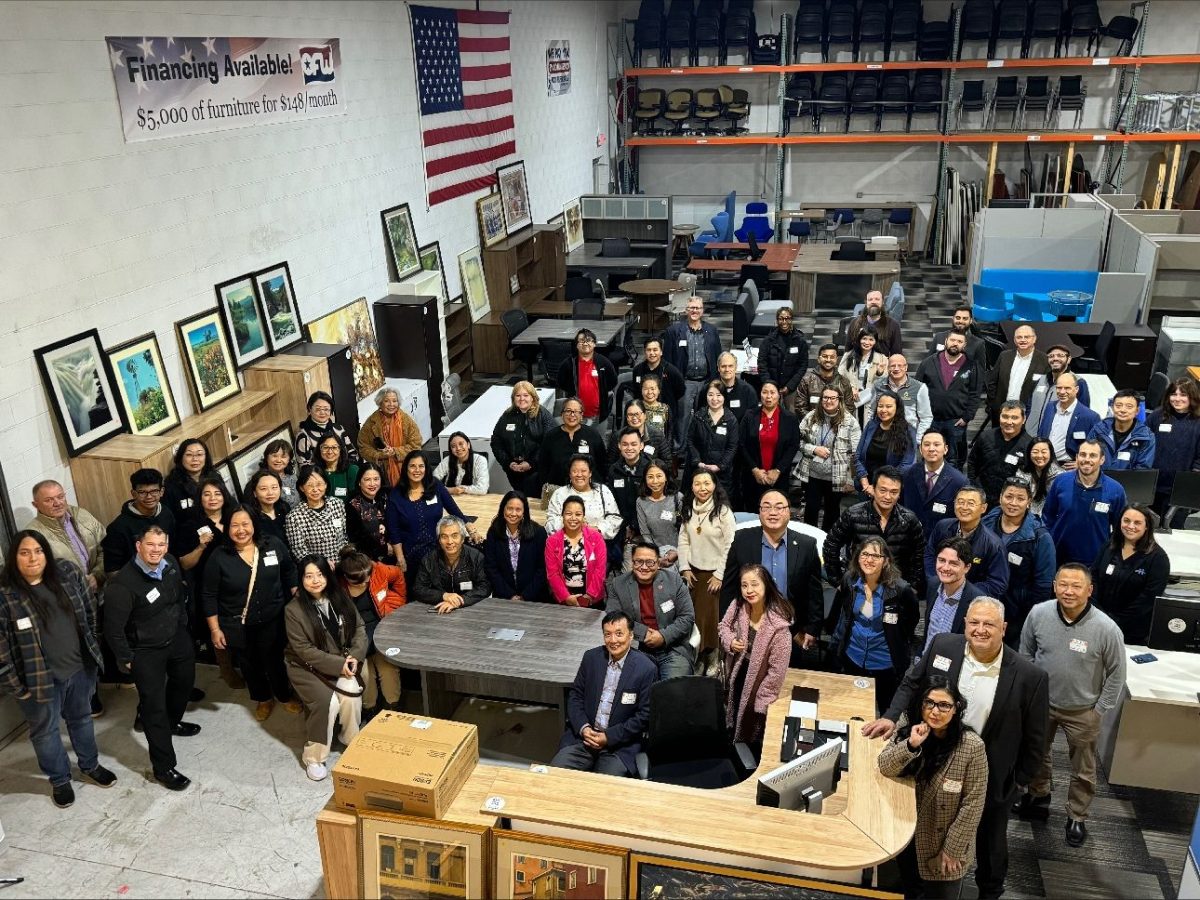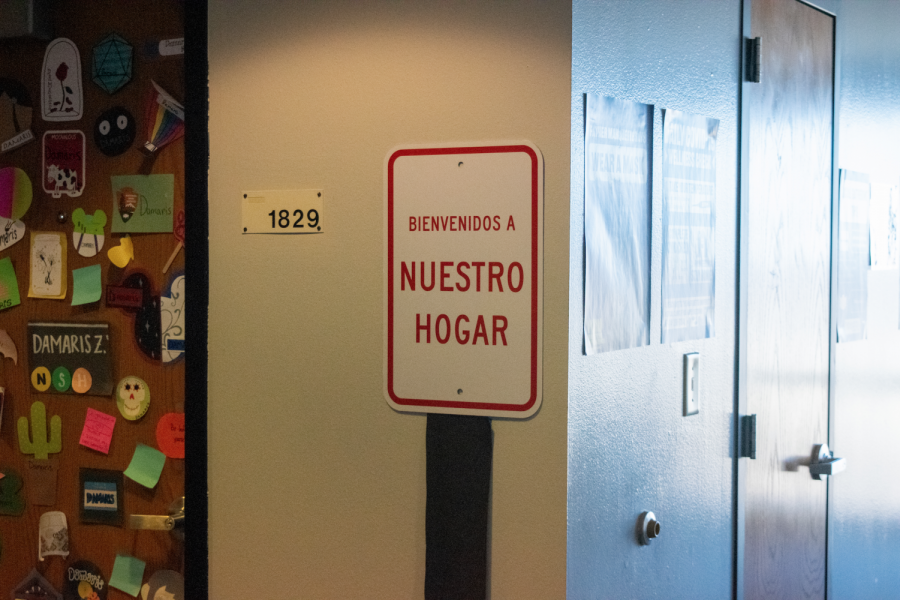If you Google search the word “innovation” beyond its definition, you will find pages upon pages of organizations, business reviews, technology articles, even tweets about the term. Innovation has become the western world’s cooler, more refreshing name for change, transformation and new ideas. And while the growth of small entrepreneurial companies and large well-established organizations is worthy of praise, my experiences have forced me to reconcile with innovation on a global scale, particularly in developing countries.
In January, I had the opportunity to participate in Marquette’s Applied Global Business Learning Program in the municipality Santa Cruz del Quiche in Guatemala. The program is designed with the intention of assisting communities in developing nations. With the provision of micro-enterprise solutions, the goal is to foster sustainable business practices and maintain cultural ideals.
Our focus for the trip was to help further the mission of the Barbara Ford Center for Peace, whether that would be developing a plan to implement an ecotourism park on its property or providing those living in the surrounding community with subsistence farming opportunities. This required market research.
We spent three days conducting focus groups to get a feel for the needs of the surrounding community. While meeting with a youth group in the rural town of Panaxjit, we asked them what they thought about transforming their current agriculture practices. For now, most Guatemalans grow beans and corn, not for the purpose of selling what they harvest, but instead to provide for their immediate families – the essence of subsistence farming.
They seemed lost hearing this idea of “transforming” agriculture since it is part of their everyday routine, so we asked them what they thought about learning how to grow tomatoes, lettuce or other vegetables and fruits to provide for their families. Our hope was that they would be able to harvest more food and sell some of it.
For a moment their eyes lit up, but they know more about Guatemalan reality, much more than we could ever understand, especially given our mere three days immersed in their culture.
Marta, one of the 19-year-old members of the youth group, kindly explained to us that she and her friends would love to learn how to grow new crops for the benefit of both their families and themselves. Unfortunately, the idea of agricultural innovation, fruitful in theory, poses too great a risk for Marta and her family.
To begin farming new fruits or vegetables would require putting time, energy and the small amount of money they have into the venture. It would require transforming the land they currently use for agriculture. But because Guatemalans depend on their crop to survive on a daily basis, innovating is out of the question.
“If the crop doesn’t grow or flourish, all of our time, energy and money will have gone to waste and we would be left with nothing,” Marta explained.
I grimaced and thought, “How could we not have thought about the effects of innovation failing?” We weren’t capable of providing them with any seeds or resources, and even if we were, we weren’t experts on land or agriculture. Part of me wanted us to rewind time and take back the question that lacked understanding of their culture.
The other part of me thought about the faith of the U.S. in innovators and innovation. We praise innovation despite the possibility of failure because we can move forward to the next idea, the next change. Additionally, we can afford to fail. The young people in Guatemala, along with people in other parts of the developing world, cannot fail because it will cost them everything.
Now this isn’t all to say that there isn’t progress being made in the relationship between innovation and the developing world. In fact, back in 2009, the idea of “trickle-up innovation” became prevalent. An article on FastCompany.com explained the term as, “ideas take shape in developing markets first, then work their way back to the West.” This happens when innovations are appealing because they reduce costs and accelerate processes.
But this is apparent in some developing places and not others. Some countries, like Guatemala, for example, are still playing catch-up from civil war, genocide and economic disasters. Many of their struggles from nearly 50 years ago hinder their ability to innovate, thrive or even grow.
I still think that we should encourage innovation as much as we can, but before we push our innovation-veneration on anyone else, we should strive to be objective in our research and understanding of the histories and cultures of developing worlds. Once we understand, we will be able to offer help and service, however that may look.
And sometimes, like I learned with my Guatemalan friend Marta, serving another person simply involves learning about another person’s culture and sharing it with others.








